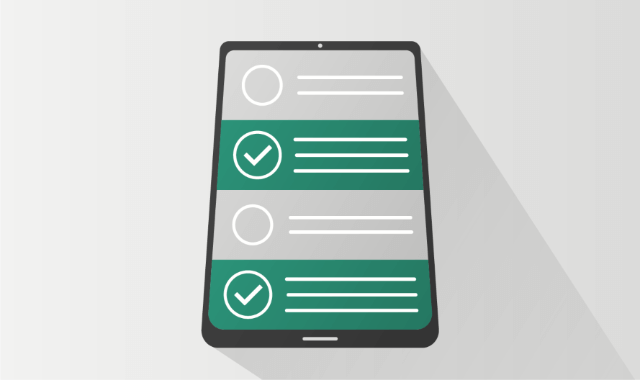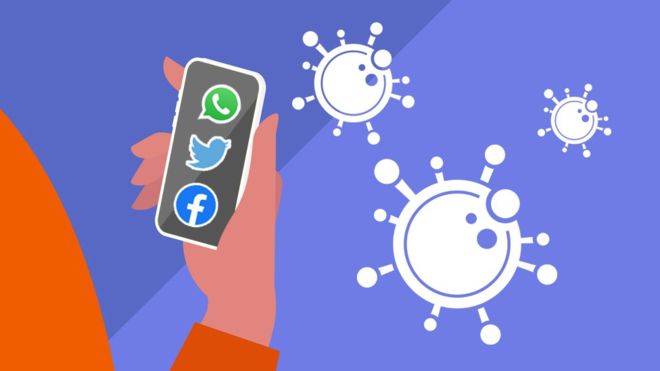How Can I Protect Myself (and Others) from the New Coronavirus and COVID-19?

King stresses importance of quick economic recovery from COVID-19
June 9, 2020
Protect yourself and others from coronavirus
June 9, 2020To help lessen the spread of the new coronavirus and COVID-19, the disease it causes, here are important steps that can help protect you, your family and others. Lisa Maragakis, senior director of infection prevention at Johns Hopkins Medicine, shares these guidelines:
Avoid close contact with others.
It’s important to understand that the new coronavirus spreads mainly from person to person. If an infected person coughs or sneezes, their droplets can infect people nearby. That’s why it’s important to avoid close contact with others. Understand that people (including children) may be infected with the new coronavirus and have only mild symptoms.
Some measures you can take to avoid close contact with others include:
- Stay home as much as possible and reduce visitors.
- Practice social and physical distancing:
- Stay at least six feet away from others in public places.
- Call friends and family or visit by video.
- Ask your employer if it’s possible to work from home.
- Avoid people who appear sick.
- Go grocery shopping and run errands during off-peak times.
- The CDC recommends wearing cloth face coverings in public where other social distancing measures are difficult to maintain, especially in areas of significant community-based transmission.
Practice good hygiene wherever you are.
The new coronavirus can survive for hours or even days on some surfaces. Touching a contaminated surface and then touching your face is one of the ways to become infected.
The virus is no longer detectable on plastic after 72 hours, and on stainless steel or cardboard after about 48 hours. With that in mind:
- Wash your hands with soap and water frequently and thoroughly for at least 20 seconds, especially:
- After being in public places and touching door handles, shopping carts, elevator buttons, etc.
- After using the bathroom
- Before preparing food
- If soap and water are not available, use hand sanitizer with at least 60% alcohol.
- Avoid touching your eyes, nose or mouth, especially with unwashed hands.
- If you cough or sneeze, do so in the bend of your elbow. If you use a tissue, throw it away immediately.

Coronavirus (COVID-19) Self-Checker
Check symptoms. Protect yourself. Get information.Check Now
Take precautions if you are living with or caring for someone who is sick.
- Wear a mask if you are caring for someone who has respiratory symptoms.
- Clean counters, door knobs, phones and tablets frequently, using disinfectant cleaners or wipes.
If you feel sick, follow these guidelines:
- Stay home if you feel sick unless you are experiencing a medical emergency such as severe shortness of breath or a very high fever.
- Call your doctor or urgent care facility and explain your symptoms over the phone.
- If you leave your home to get medical care, wear a mask if you have respiratory symptoms.





